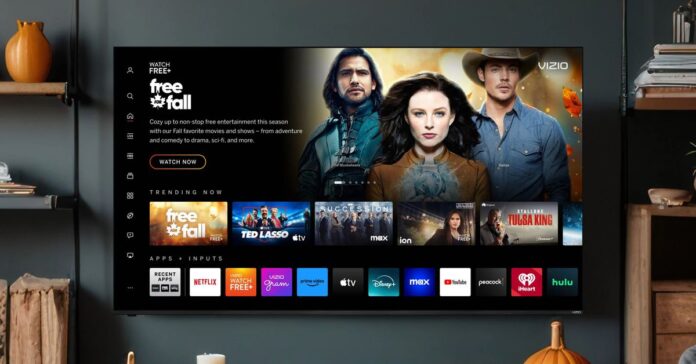Following the announcement of their plans to acquire Vizio in February, Walmart has officially completed the acquisition of the company after the $2.3 billion transaction closed on Tuesday. Walmart states that this acquisition will strengthen its advertising business, as Vizio’s advertising and data division, Platform Plus, is responsible for all of the company’s gross profit.
Privacy advocates have expressed concerns about the deal, citing Vizio’s history of issues with advertising and data tracking. In 2017, the company paid a $2.2 million fine to settle a Federal Trade Commission lawsuit that accused it of tracking viewers without their consent.
Walmart’s acquisition of Vizio could help the latter compete with other budget-friendly TV brands that heavily rely on advertising revenue. For example, Roku, which entered the TV market last year, made $908.2 million in advertising sales and subscriptions in the third quarter of 2024, with an average revenue per user of $41.10, compared to Vizio’s $37.17 per user.
Despite the acquisition, Walmart and Vizio will continue to operate independently “for the foreseeable future,” with Vizio’s CEO William Wang retaining his position.
Seth Dallaire, the executive vice president and chief growth officer of Walmart US, praised Vizio’s ability to evolve its business successfully over time, particularly in developing a profitable advertising business. He believes that combining Vizio’s business with Walmart Connect will have a significant impact and allow further investment in the business for the benefit of customers.




